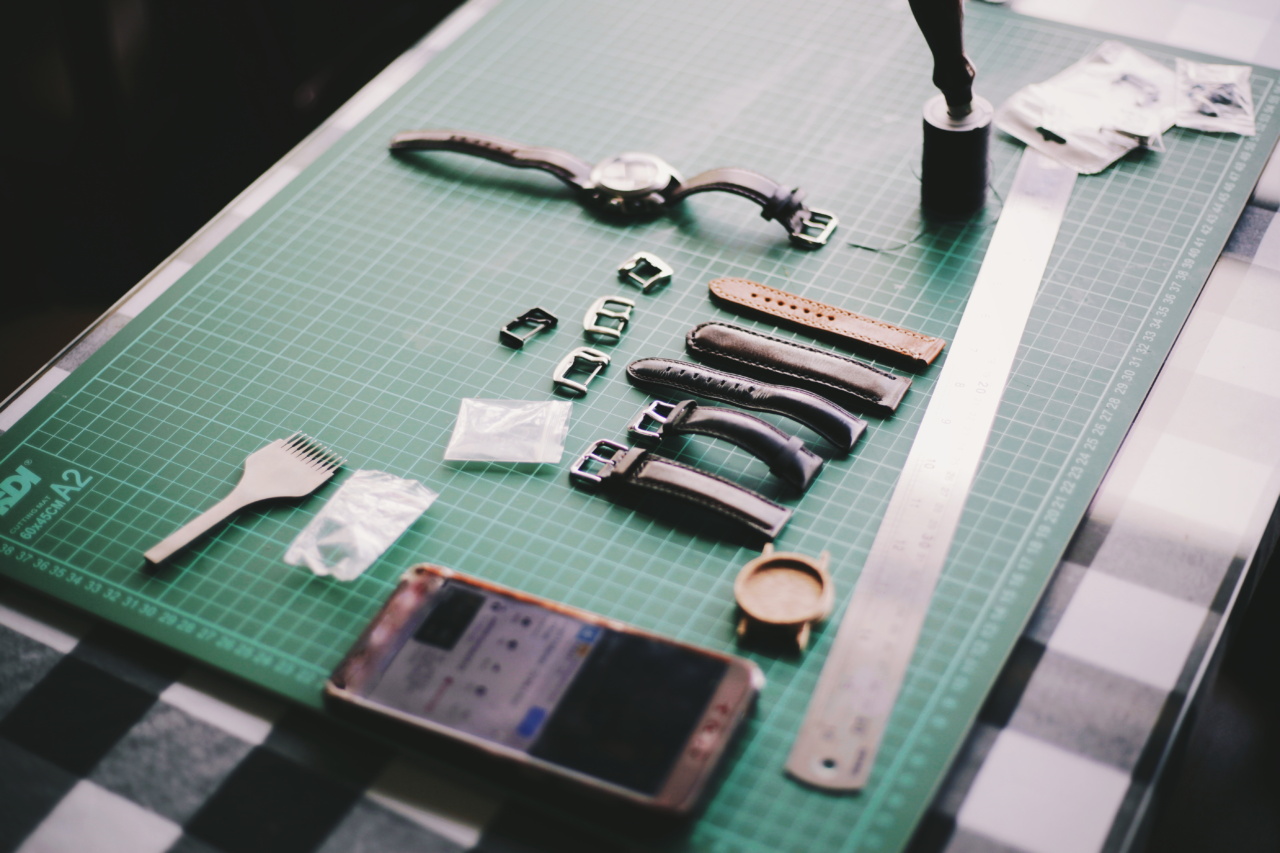Our skin is precious to us, and keeping it looking youthful and healthy is important for many reasons. For one, it’s the largest organ in our body, and it’s responsible for protecting us from the environment.
It also helps regulate our body temperature and allows us to feel sensations such as touch, heat, and cold.
As we age, our skin naturally loses some of its elasticity and firmness, which can lead to wrinkles, sagging, and other signs of aging. However, there are several things we can do to help keep time off our skin and keep it looking its best.
Here are 30 tips to help you keep your skin young and healthy.
1. Protect Yourself from the Sun
The sun is one of the most damaging things for our skin. Not only can it cause sunburn and skin cancer, but it can also lead to premature aging, wrinkles, and age spots.
To protect your skin from the sun, always wear a broad-spectrum sunscreen with an SPF of at least 30 whenever you go outside. Also, try to stay out of the sun during peak hours (10 am to 4 pm), and wear protective clothing, such as broad-brimmed hats and long-sleeved shirts.
2. Keep Your Skin Hydrated
Dehydrated skin can look dull and lifeless, and it can also lead to wrinkles and other signs of aging. To keep your skin hydrated, drink plenty of water and use a hydrating moisturizer on your skin every day.
You can also incorporate hydrating ingredients into your skincare routine, such as hyaluronic acid and ceramides.
3. Eat a Healthy Diet
What we eat can have a big impact on the health of our skin. Eating a diet that’s rich in fruits, vegetables, whole grains, lean proteins, and healthy fats can help keep our skin looking youthful and healthy.
Try to avoid processed and sugary foods, as they can lead to inflammation and other skin problems.
4. Get Plenty of Sleep
Lack of sleep can not only make us feel tired and groggy, but it can also impact the health of our skin. When we don’t get enough sleep, our skin can look dull, puffy, and aged.
To get the best restorative sleep possible, try to go to bed at the same time every night, and aim for seven to eight hours of sleep each night.
5. Wear Sunglasses
In addition to protecting your skin from the sun, wearing sunglasses can also help protect your eyes from UV rays.
Look for sunglasses that offer 100% UV protection, and wear them whenever you’re out in the sun to help prevent squinting and sun damage around your eyes.
6. Use Natural Skincare Products
Many skincare products contain harsh chemicals that can do more harm than good for our skin. Instead, look for natural skincare products that use gentle ingredients that won’t irritate or damage your skin.
Some natural ingredients to look for include aloe vera, jojoba oil, chamomile, and green tea extract.
7. Exercise Regularly
Exercise is not only good for our overall health, but it’s also good for our skin. When we exercise, we increase blood flow and oxygen to our skin, which can help keep it looking youthful and healthy.
Regular exercise can also help reduce stress, which can have a positive impact on our skin as well.
8. Avoid Smoking and Secondhand Smoke
Smoking and exposure to secondhand smoke can have a damaging effect on our skin. It can cause premature aging, wrinkles, and age spots, and it can also increase the risk of skin cancer.
If you’re a smoker, quitting is one of the best things you can do for the health of your skin (and your overall health).
9. Cleanse Your Skin Gently
Washing your face is important for removing dirt and debris that can clog pores and lead to breakouts. However, using harsh cleansers or scrubbing your skin too hard can damage your skin and lead to dryness and irritation.
Instead, use a gentle cleanser and massage it into your skin in a circular motion, then rinse with warm water and pat dry.
10. Use a Daily Moisturizer
Moisturizing your skin is important for keeping it hydrated and protected from the environment. Use a daily moisturizer that’s appropriate for your skin type, and apply it every morning before you apply makeup or sunscreen.
11. Don’t Overdo It with Makeup
Makeup can enhance our features and make us feel more confident, but too much of it can damage our skin. Heavy makeup can clog pores and lead to breakouts, and it can also cause dryness and irritation.
Try to keep your makeup routine simple and use natural, non-toxic products whenever possible.
12. Practice Safe Shaving
Shaving can be tough on our skin, but there are things we can do to make it easier and less damaging. Use a sharp razor and shave in the direction of hair growth to avoid irritation and ingrown hairs.
Also, be sure to use a moisturizing shaving cream or gel to protect your skin and help the razor glide smoothly.
13. Protect Your Lips
Our lips are often exposed to harsh weather and environmental factors that can damage them. To protect your lips, use a lip balm or lipstick that contains SPF, and try to avoid licking your lips, which can lead to dryness and chapping.
14. Take Care of Your Hands and Feet
Our hands and feet are exposed to a lot of wear and tear every day, which can lead to dryness and cracking. To keep your hands and feet looking their best, use a moisturizing cream daily, and wear gloves and socks to protect them from the elements.
15. Try to Reduce Stress
Stress can have a negative impact on our skin, causing breakouts, dryness, and other skin problems. Try to reduce stress in your life by practicing yoga, meditation, or other relaxation techniques.
You can also take breaks during the day to do deep breathing or take a walk outside.
16. Take Care of Your Eyes
The skin around our eyes is delicate and prone to wrinkles and sagging. To keep your eyes looking their best, use a gentle eye cream that’s designed to hydrate and firm the skin around your eyes.
You can also use cool cucumber slices or tea bags to reduce puffiness and dark circles.
17. Don’t Skimp on Sleep
Getting enough sleep is critical for our overall health, but it’s also important for the health of our skin. When we don’t get enough sleep, our skin can look tired, puffy, and aged.
Make sure you’re getting enough restorative sleep each night to keep your skin looking youthful and healthy.
18. Don’t Overdo It with Hot Showers
Hot showers can feel great, but they can also damage our skin by stripping it of its natural oils. Instead, use lukewarm water when you shower, and try to limit your shower time to no more than 10-15 minutes.
Also, use a gentle, hydrating body wash that won’t dry out your skin.
19. Incorporate Antioxidants into Your Skincare Routine
Antioxidants can help protect our skin from environmental damage and oxidative stress. Look for skincare products that contain antioxidants such as vitamin C, vitamin E, and green tea extract, and incorporate them into your daily skincare routine.
20. Avoid Tanning Beds
Tanning beds may seem like a convenient way to get a tan, but they can be incredibly damaging to our skin. Tanning beds have been linked to an increased risk of skin cancer, and they can also lead to premature aging, wrinkles, and age spots.
Instead, try using a self-tanning product or opt for a spray tan.
21. Be Gentle with Your Skin
Our skin is delicate, and it’s important to treat it gently to avoid damage and irritation. Avoid using harsh scrubs, hot water, and rough towels, and instead use gentle products and a soft touch when cleansing and moisturizing your skin.
22. Apply Serums Before Moisturizing
Serums are a powerful way to deliver active ingredients to your skin. Apply them before your moisturizer to help nourish and hydrate your skin even more effectively.
23. Don’t Touch Your Face Too Much
Our hands are covered in bacteria and other germs, and touching our faces too much can lead to breakouts and irritation.
Try to avoid touching your face throughout the day, and wash your hands frequently to reduce the risk of transferring harmful bacteria to your skin.
24. Cleanse Your Skin After Exercising
When we exercise, we sweat, and that sweat can clog pores and cause breakouts. Always cleanse your skin after exercising, and use a gentle salicylic acid cleanser to help prevent breakouts.
25. Use a Toner to Balance Your Skin
Toners can help balance the pH of our skin and remove any remaining dirt or debris after cleansing. Look for a toner that’s appropriate for your skin type, and use it after cleansing and before moisturizing.
26. Exfoliate Regularly
Exfoliating can help remove dead skin cells and promote cell turnover, which can make our skin look brighter and more youthful. However, be careful not to overdo it with exfoliation, as it can damage the skin.
Try to exfoliate no more than once a week, and use a gentle scrub or enzyme-based exfoliant.
27. Get Regular Facials
Facials can be a great way to give your skin an extra boost of hydration and nutrients. Try to get a facial every four to six weeks, or as recommended by your esthetician.
28. Be Mindful of Your Environment
Our environment can have a big impact on the health of our skin. Pollution, cigarette smoke, and other environmental factors can lead to premature aging, wrinkles, and other skin problems.
Try to be mindful of your environment, and take steps to protect your skin when necessary, such as wearing a face mask when the air quality is poor.
29. Use Retinoids to Treat Fine Lines and Wrinkles
Retinoids are a type of vitamin A that can help reduce the appearance of fine lines, wrinkles, and age spots. Look for skincare products that contain retinoids, and use them as directed to help keep your skin looking youthful and healthy.
30. Be Consistent with Your Skincare Routine
Consistency is key when it comes to skincare. Stick to a daily skincare routine that’s appropriate for your skin type, and be patient and consistent with your use of skincare products.
Over time, you’ll begin to see the benefits of your efforts in the form of youthful, healthy-looking skin.





























